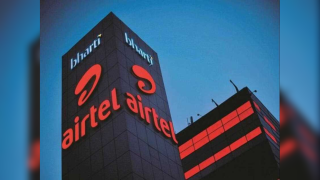The firm has previously been banned from imposing such charges as a condition of its formation and has been required to offer to interconnect its IP network to any qualifying entity free of charge.
Operating today as Spectrum, Charter was established following the 2016 purchase of Time Warner Cable and Bright House Networks. However, the merger saw two conditions imposed on the new entity, which have so far prevented it applying charges to OTTs and capping data.
As the fourth anniversary of the merger approaches, Charter has argued in an official petition to the FCC that the market is now “unrecognisable”, compared to when the conditions were imposed.
Charter said it hasn't been able to charge interconnection fees to the likes of Netflix, HBO Max or Disney, as its merger plans were decided when stricter net neutrality rules were being written that barred such fees.
The original conditions were imposed so Charter could not “hamper or prevent its current and future online video rivals from expanding, becoming more competitive, or starting up in the first place.”
Now the FCC is under new administration and, since 2017, the leadership of Ajit Pai, Charter is looking to challenge the arrangements.
In its petition dated 17 June, Charter wrote: “Online Video Distributors (OVDs) have seen record-shattering growth and increased strength across all performance indicators, including number of subscribers, amount of content available, number of platforms, streaming hours, and revenue. In fact, the online video distribution marketplace is almost unrecognisable compared to what existed in 2016.”
On the topic of data caps and usage-based pricing mechanisms, the petition highlighted how seven of the top 10 broadband providers in the US, including Comcast, AT&T, Cox, and Altice8, have incorporated data caps “or some form of data usage policy” in their offerings.
It continued: “Yet the use of data caps by these companies has not stifled the growth of OVD services. In fact, the opposite is true: OVD services are thriving and growing at an unprecedented rate. In other words, the market is working. The flourishing OVD marketplace also justifies allowing the Interconnection Condition to sunset in 2021.”





